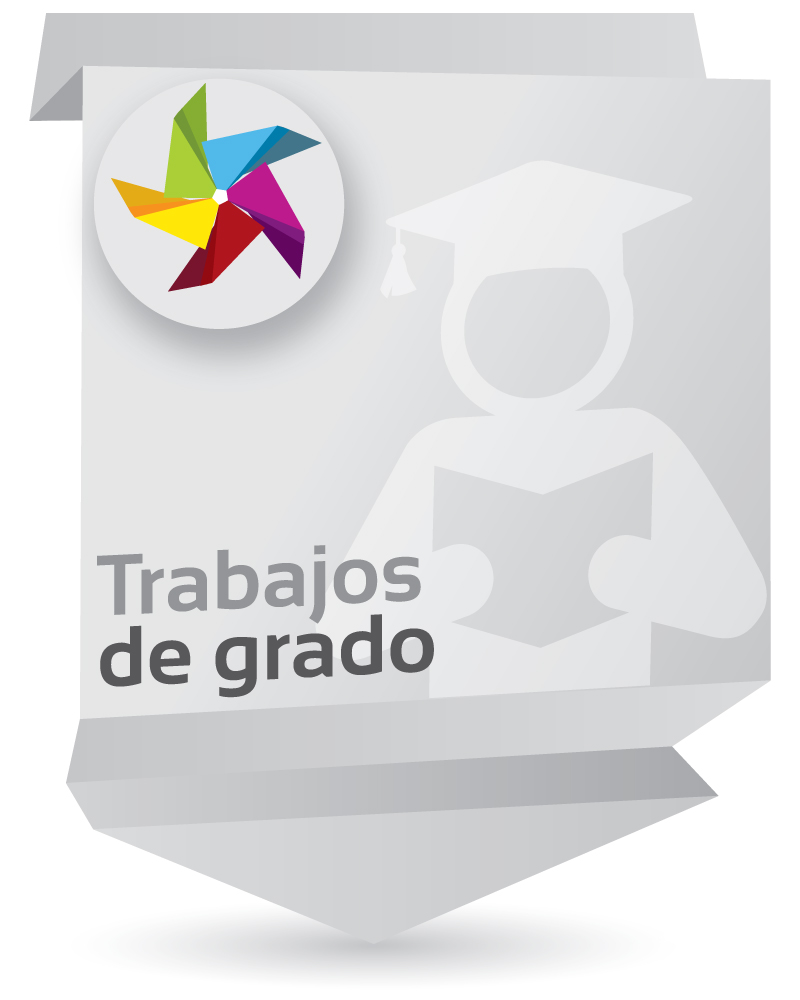Technologically mediated course design for contemporary university learners: accounting for stakeholders’ voices
Enlaces del Item
URI: http://hdl.handle.net/10818/43448Compartir
Estadísticas
Ver Estadísticas de usoMétricas
Catalogación bibliográfica
Mostrar el registro completo del ítemAutor/es
Herrera Bohórquez, Luis IgnacioAsesor/es
Cuesta Medina, Liliana MarcelaFecha
2020-08-19Resumen
Alongside the rise of technology, many higher-education institutions have been embracing emerging technologies to support their students’ capacities to learn, interact, and produce through online environments, as well as to equip them with the 21st-century skills demanded by the contemporary job market. Notwithstanding, many contemporary online programs have been blindly implemented with neither knowledge-driven aims nor an online learning-purposely designed methodology. The present study aimed to characterize, contrast, and consolidate stakeholders’ perceptions about elements associated with effective online learning, as well as the role of 21st-century skills in online learning programs. The study used a mixed methods research design, with data collection instruments that include 3 extensive questionnaires, backed up with documentary analysis. Results comprised a set of particular elements to be incorporated in contemporary online programs, alongside an exploration of the roles that online stakeholders acquire as they partake. Moreover, a characterization of the necessary 21st-century skills in online learning environments has been presented.


















